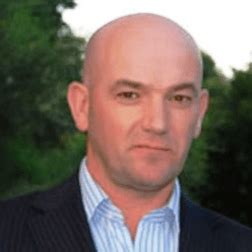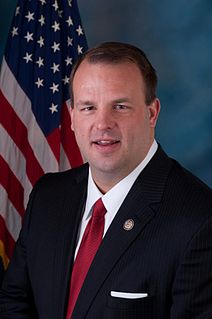A Quote by Eric Schneiderman
When a donor is asked to contribute to a group whose innocuous-sounding name makes it appear to be doing work in the public interest, that donor should have a clear picture of where his or her money is going.
Related Quotes
All the same, I should like it all plain and clear," said he obstinately, putting on his business manner (usually reserved for people who tried to borrow money off him), and doing his best to appear wise and prudent and professional and live up to Gandalf's recommendation. "Also I should like to know about risks, out-of-pocket expenses, time required and remuneration, and so forth"--by which he meant: "What am I going to get out of it ? and am I going to come back alive?
If we had enough cadaver organs to go around we wouldn't do living donor liver transplants because one is we don't want to put a donor at risk, but the second is that it's a more difficult surgery for the recipient because you're getting a piece of a liver rather than a whole liver. It takes you longer to recover, and it has more complications related to where we sew together the blood vessels and the bile ducts.

































